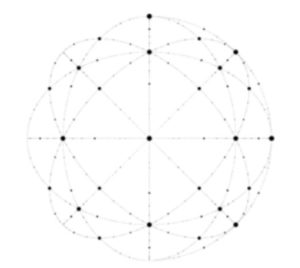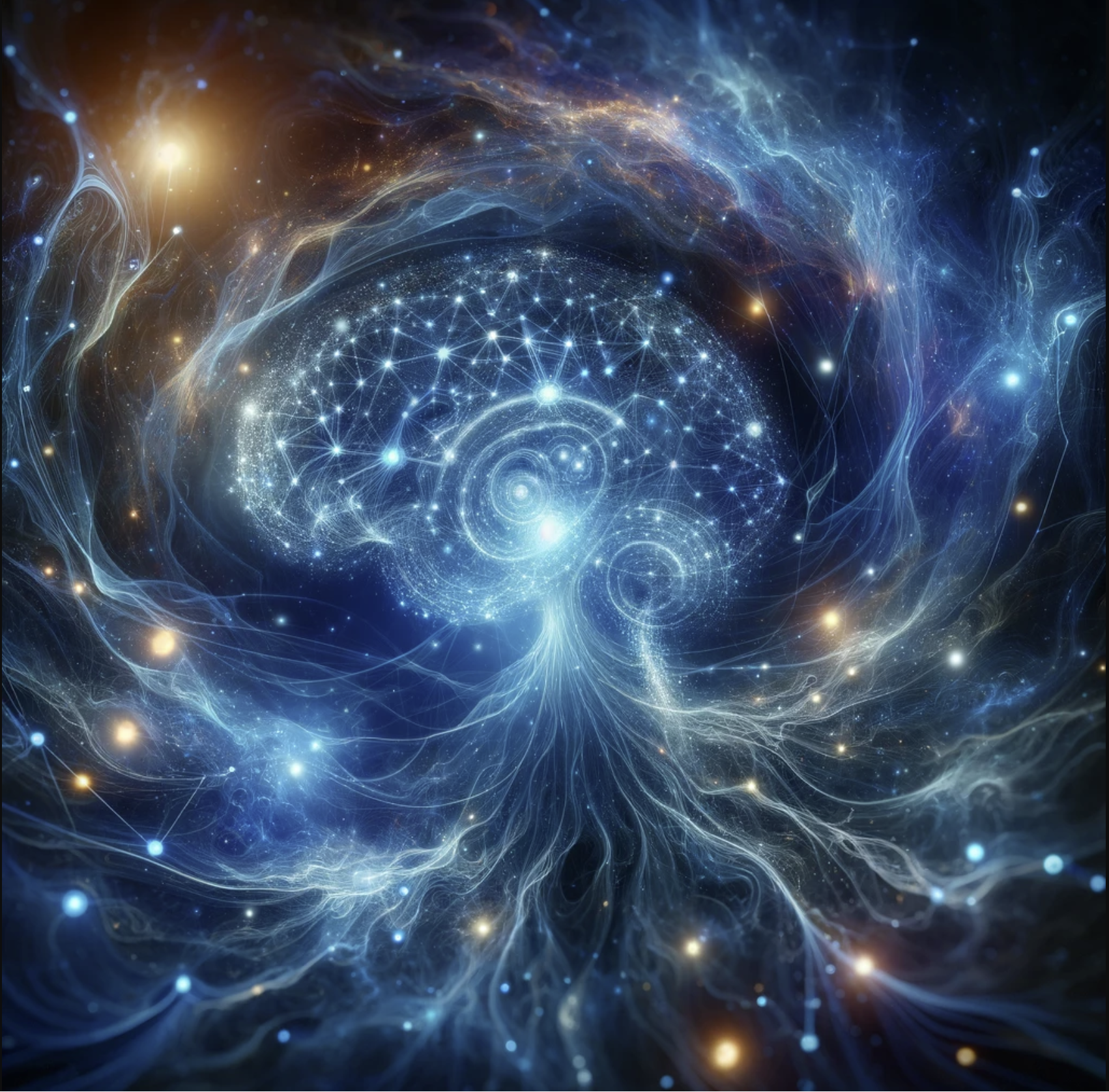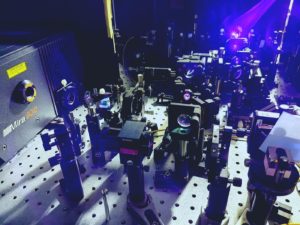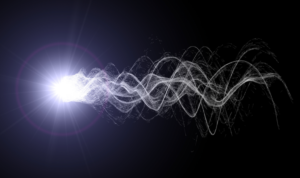Quantum contextuality describes a form of non-classicality where the output of a quantum measurement C depends on which quantum measure, A or B, were made before -- even when A and B both commute with C and thus should each not disturb the measurement statistics of C.
This phenomenon, however, can be replicated by a classical process if it had memory, and this memory is used to remember what questions were asked before. A classical example would be locking a PhD student in a box and asking him to replicate the predictions of quantum theory. Could we then quantify how non-classical a process of seque ntial measurements is by the amount of extra past information such a student must remember? Here we studied two iconic classes of measurements that induced quantum-contextuality. In each case, the amount of classical information needed to model the exceeded that of their respective quantum models using quantum theory.
ntial measurements is by the amount of extra past information such a student must remember? Here we studied two iconic classes of measurements that induced quantum-contextuality. In each case, the amount of classical information needed to model the exceeded that of their respective quantum models using quantum theory.
- Optimal Classical Simulation of State-Independent Quantum Contextuality
Adán Cabello, Mile Gu, Otfried Gühne, Zhen-Peng Xu, Phys. Rev. Lett. 120, 130401




